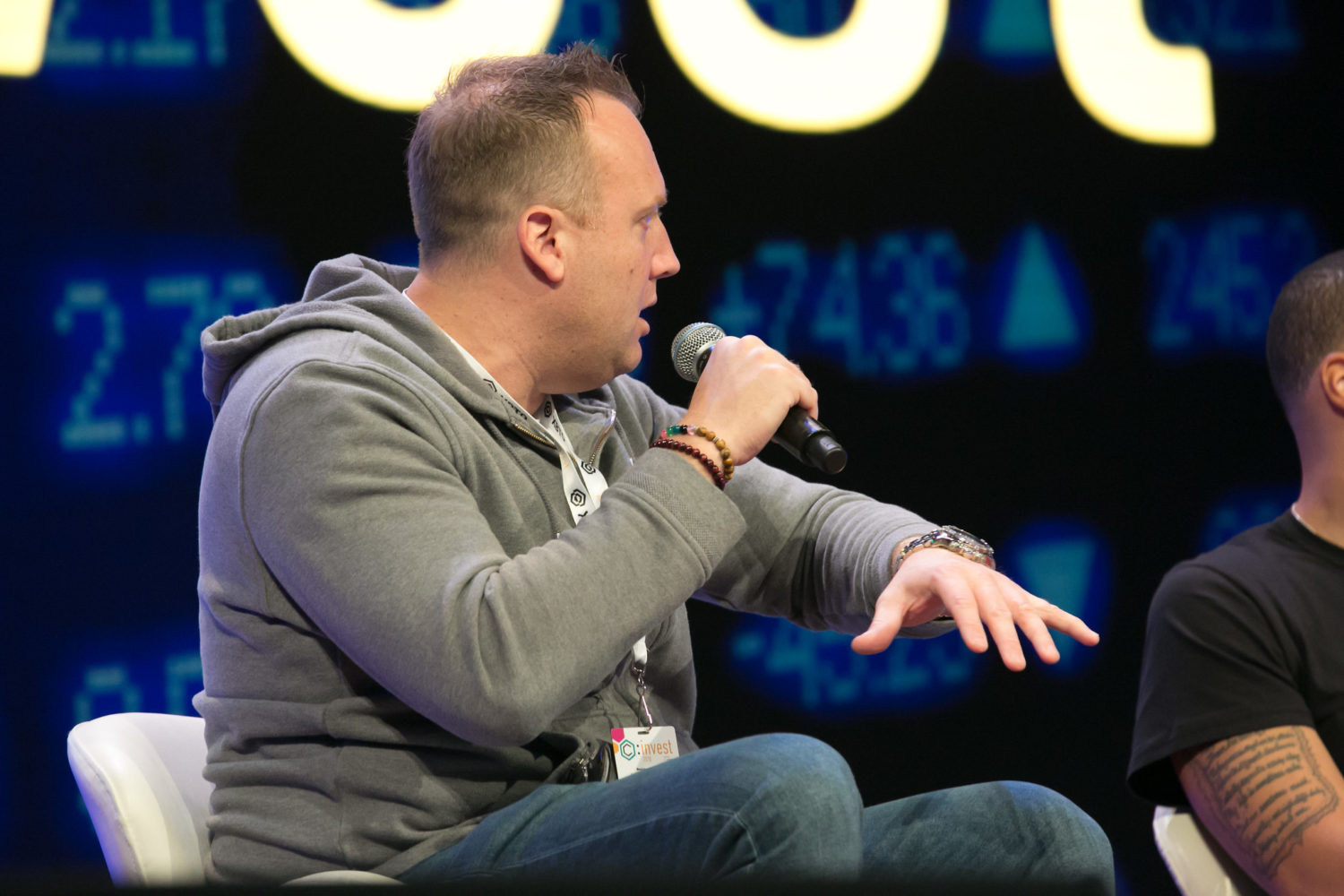Privacy Crypto Zcash Goes Live With ‘Sapling’ Network Hard Fork
NEWS
Oct 29, 2018 at 17:00 UTC
The privacy-focused cryptocurrency zcash has officially implemented its network hard fork, known as Sapling.
Activated on schedule at block 419,200, Sapling has long been planned as an upgrade aimed at making the network faster, lighter and more secure.
On Sunday, the Zerocoin Electric Coin Company’s Elise Hadmon wrote that “Sapling activation, occurring on the momentous occasion of the currency’s second birthday, brings us one step closer to widespread adoption of an open, permissionless and private payment system.”
The company anticipates that transactions will take 90 percent less time and require 97 percent less memory to occur as a result. That being said, the overall zcash ecosystem will still need some time to add new addresses, Hadmon wrote.
Hadmon added that users cannot yet transfer funds from old shielded addresses to the new version without showing amounts, writing:
“This allows us to audit the monetary base of ZEC held in shielded addresses. We are developing a tool to automate the migration of funds in a way that allows users to minimize the impact on their privacy. We recommend that users wait for the release of this tool, if feasible.”
No timeline was presented for when this tool may be released.
Following the upgrade’s implementation, network data indicates that zcash’s hashrate briefly fell to 1.5 GH/s, lower than it has been in nearly three weeks. By press time, however, it had returned to roughly 2 GH/s.
Zcash’s hashrate has been fluctuating between just under 1.5 GH/s and 2 GH/s for more than a month now.
Trees image via Shutterstock
The leader in blockchain news, CoinDesk is a media outlet that strives for the highest journalistic standards and abides by a strict set of editorial policies. CoinDesk is an independent operating subsidiary of Digital Currency Group, which invests in cryptocurrencies and blockchain startups.
zcashHard ForksSaplingUpgrades









